When you make the decision to live off-grid, no one can tell you which area is most perfect. Perhaps there are a few locations that could qualify as the best place to live off the grid in the world, but that’s really for you to decide. I’ve come up with seven questions that you could and should ask when it comes to choosing where you’re going to live, operate, and spend a couple of years — or maybe the rest of your life. Let’s have a look.
1. What language do you speak?
When considering a big move, perhaps to another country, the obvious first question is: What language is spoken there? If it’s not your native tongue, how willing are you to learn a different language? If you’re not inclined to acquire another language, then perhaps the best idea would be to either choose a country that shares your language or choose an area in the desired country where your language is spoken by most of the people.
It may appear easy to move to an area without speaking the local language, but it’s not so simple. Keep in mind that if something happens, if you have a medical emergency or some other kind of emergency, you don’t want to be stuck in a place where no one can understand you and where you cannot understand anyone else.
2. How important is it to be *completely* off-grid?
How important is the off-grid aspect?
For many people, “living off the grid” is more a lifestyle, than the technical aspect of living off any physical grid. In the past year, I’ve seen many people come with plans to live “off-grid”, but choose to live on the outskirts of a small village instead.
It still feels like you’re completely off the beaten path, without (what some experience) as physical limitations and higher startup costs of building in the middle of nowhere and setting up your off-grid systems from scratch.
In short. some people like the idea of living in a remote area, but still want access to good roads, super-fast internet and maybe even mains water. There’s really nothing wrong with that!
3. How far away from civilization do you want to be?
How important is the distance to the closest village, town or city? How far do you want to drive to reach the closest IKEA, for instance? Would you like to be within walking distance to the nearest grocery store or bakery — if you’re not making bread on your own, that is?
Public transportation can also be a thing. Where I live in Spain, it takes me about three hours via direct bus or train to reach the closest airport in Barcelona. From my house, I have about a 20-minute drive to the closest bus station or a 50-minute drive to the nearest train station.
This trip suits my lifestyle, but you have to decide what agrees with your way of life: Would you like to live closer to an airport? How far are you willing to live outside a large metropolitan city? All of these location questions are important in making a choice on where to live.
4. What climate do you want?
Oftentimes, when making the choice to live off-grid, many people look to have more free time for themselves. In that case, geographical location comes into play; perhaps you would like to be closer to the beach or mountains, or both. Some people prefer to live in a place that experiences a temperate climate year-round. Others enjoy the snowy, cold winter months.
On the other hand, many people enjoy the change of seasons — living somewhere where it doesn’t get too hot in summer, but where you still can benefit from a decent growing season (not too long a winter). Where we live, for instance, it doesn’t freeze often during winter, but it does get cold. I have big south-facing windows, so when the sun’s hitting just right, it warms the house. Occasionally we have snow, and I love it – but I also get it when people want to go somewhere it never freezes.
5. What do you want to do with your time?
What activities would you like to dedicate yourself to when you go live off-grid? Will you be farming and growing your own vegetables? Do you want to keep animals, be able to fish nearby, hunt, or perhaps do something else? Keep all of this in mind, and investigate if it’s possible in the areas you’re looking at.
6. How close to “home” do you want to be?
Another important concern is the distance between you and your family, friends and country of origin. When my partner and I moved, we decided that we didn’t want to be more than one day’s drive away from each of our families.
In case of an emergency, it was crucial to us that we could jump in the car to be there the next day. Some people want to be even closer to their families, while for others, it’s not as important.
7. What are the rules and regulations in the area?
Last but not least, you probably also want to take a look at the rules and regulations for the area that you’re considering. Each location will have federal, regional, and local laws regulating where you can build, what type of home you can build, how self-sufficient you can be (harvest your own water, not connect to mains power, etc.), and so on.
Whatever you want to do when you live off-grid, you want to make sure it’s permissible.
In Conclusion: the Best Place to Live Off the Grid Is…
Whatever ticks your boxes.
Before you make the decision to buy a property, take time to really visualize the lifestyle that you want. Identify the essentials: the things that you really want and need when you start your new life. Then check if it would be even possible to do that in the areas you’re looking at.
Ready to make the leap? Download my checklist of “30+ things to do before you move off the grid.”
Oh, and please tell us in the comments – what’s YOUR ideal place to live off-grid?

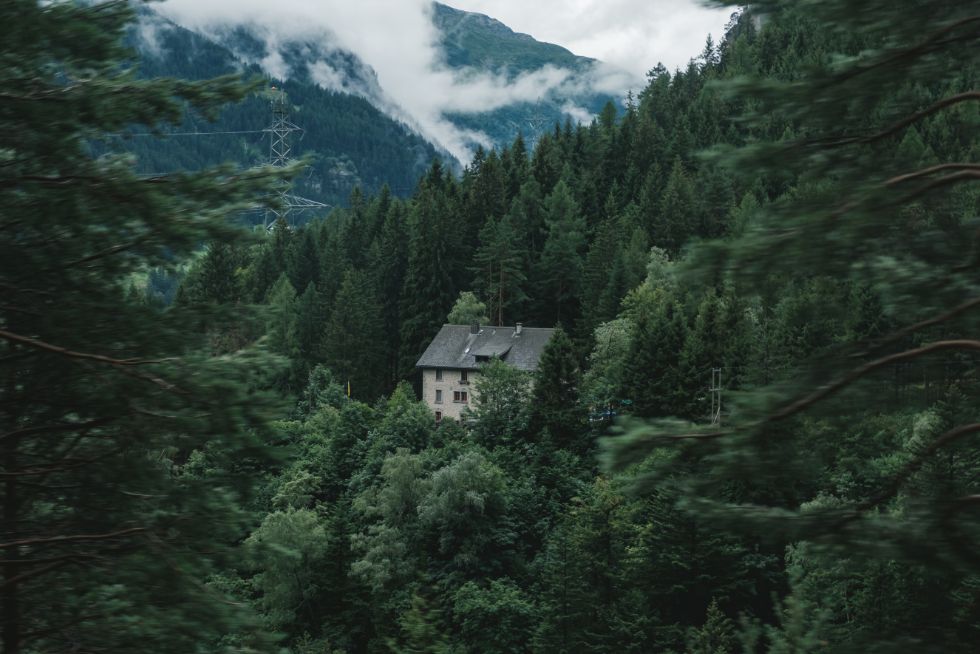
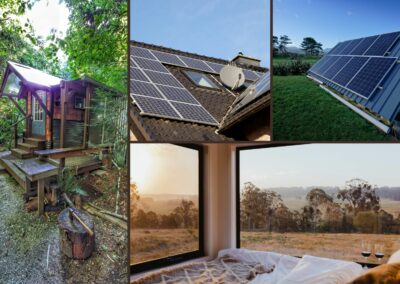

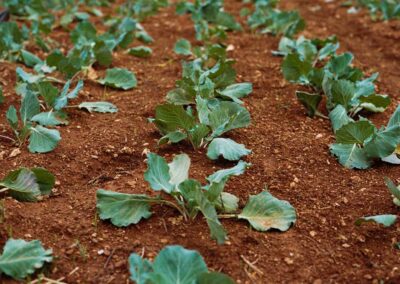
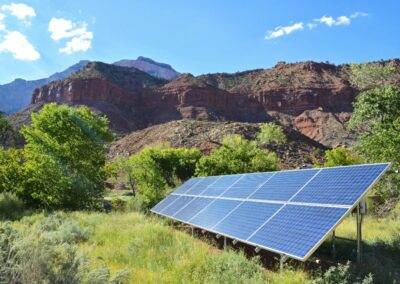
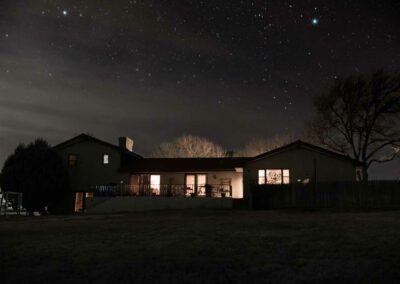
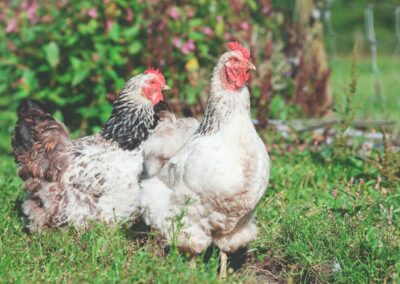
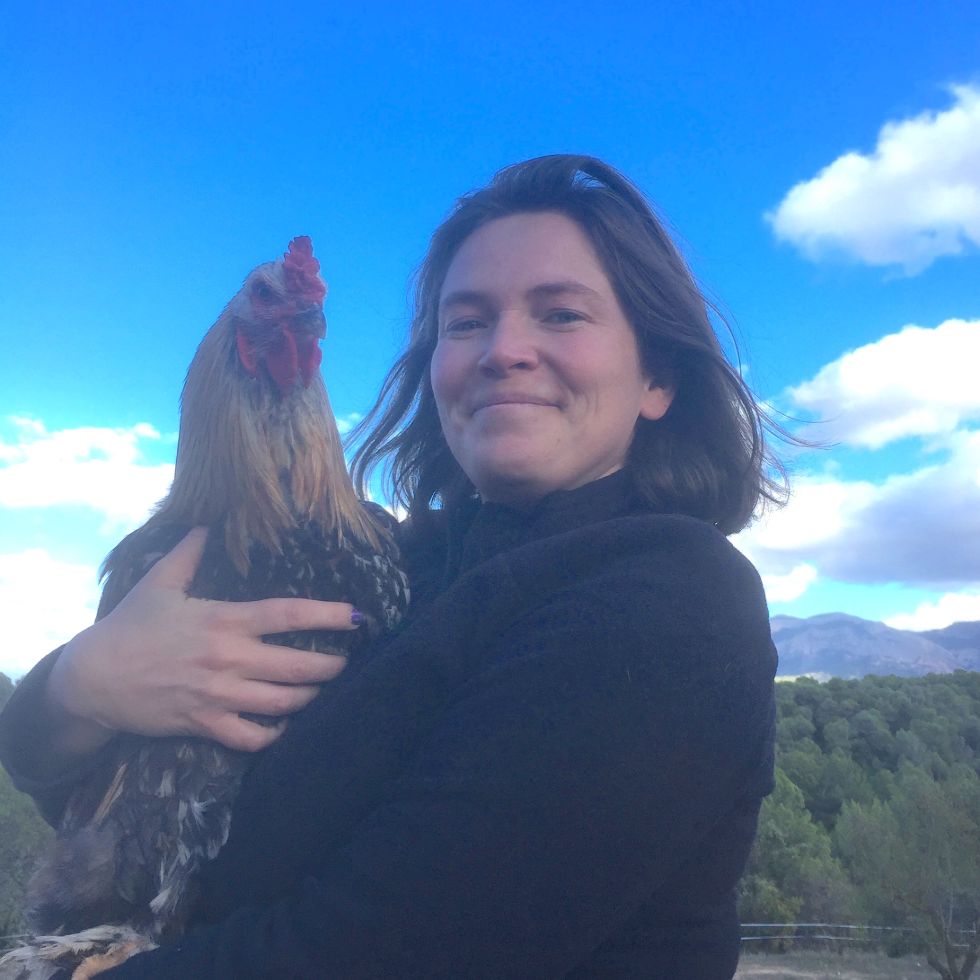
“This list is fantastic! I’ve always dreamed of living off the grid and being closer to nature. Definitely adding some of these places to my bucket list!”